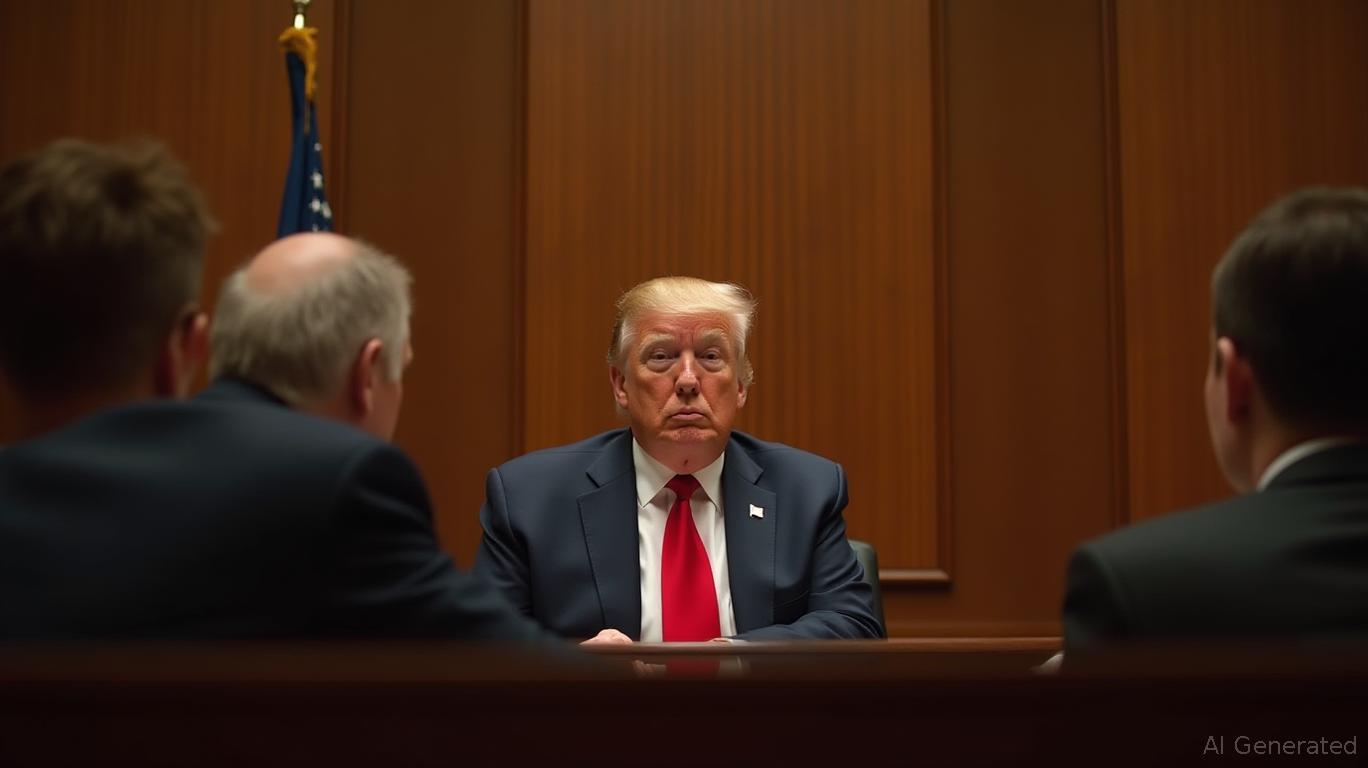Trump’s Crackdown on Immigration Sparks Clash Over Civil Rights
President Donald Trump has reinforced his hardline stance on immigration, stating in a recent CBS interview that current deportation efforts against undocumented immigrants "haven't gone far enough," as reported by
Trump justified the use of aggressive tactics by Immigration and Customs Enforcement (ICE), such as deploying tear gas and engaging in physical altercations, insisting that "you have to get the people out," as cited by

The move to expand local police involvement in immigration enforcement has faced significant backlash. In Florida, for instance, more than 10,500 officers have been deputized, but many departments have encountered difficulties implementing the program. Some, such as Miami-Dade Sheriff Gregory Tony, have declined to focus on immigration arrests, prompting Florida Attorney General James Uthmeier to threaten legal action, Bloomberg reports. At the same time, the federal government has started a television campaign aimed at local officers dissatisfied with sanctuary city policies, offering them financial rewards to join ICE operations, according to
These initiatives are part of broader policy shifts designed to further restrict immigration. A new regulation that eliminates the automatic extension of employment authorization documents (EADs) has disrupted businesses, forcing employers to remove immigrant workers from their payrolls due to processing delays, as reported by
Legal opposition has surfaced as well. A federal appeals court recently halted an order that required ICE to provide daily updates on immigration raids in Chicago, The Guardian noted. Critics warn that the expanded 287(g) program could lead to racial profiling and wrongful detentions, a concern previously highlighted by Bloomberg. Juan Carlos Lopez-Gomez, a U.S. citizen who was mistakenly detained by Florida troopers under a disputed immigration law, is among those questioning the program's fairness, as Bloomberg has reported.
Despite mounting criticism, Trump remains resolute. "The liberal judges have held us back," he asserted, repeating his claim that most undocumented immigrants have criminal backgrounds, as mentioned in the Fortune report. His administration's policies have ignited a nationwide debate over the balance between immigration enforcement and civil rights, with states like Illinois and Florida at the forefront of the dispute.
---